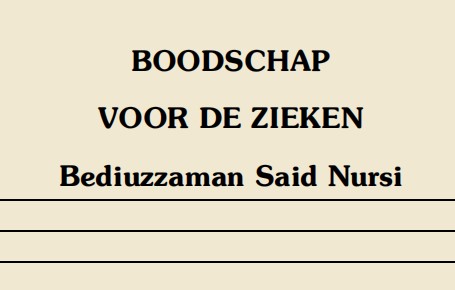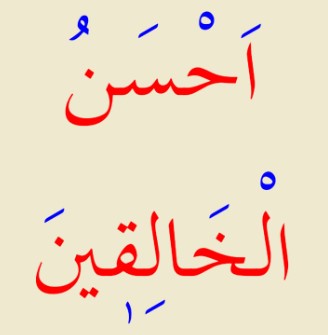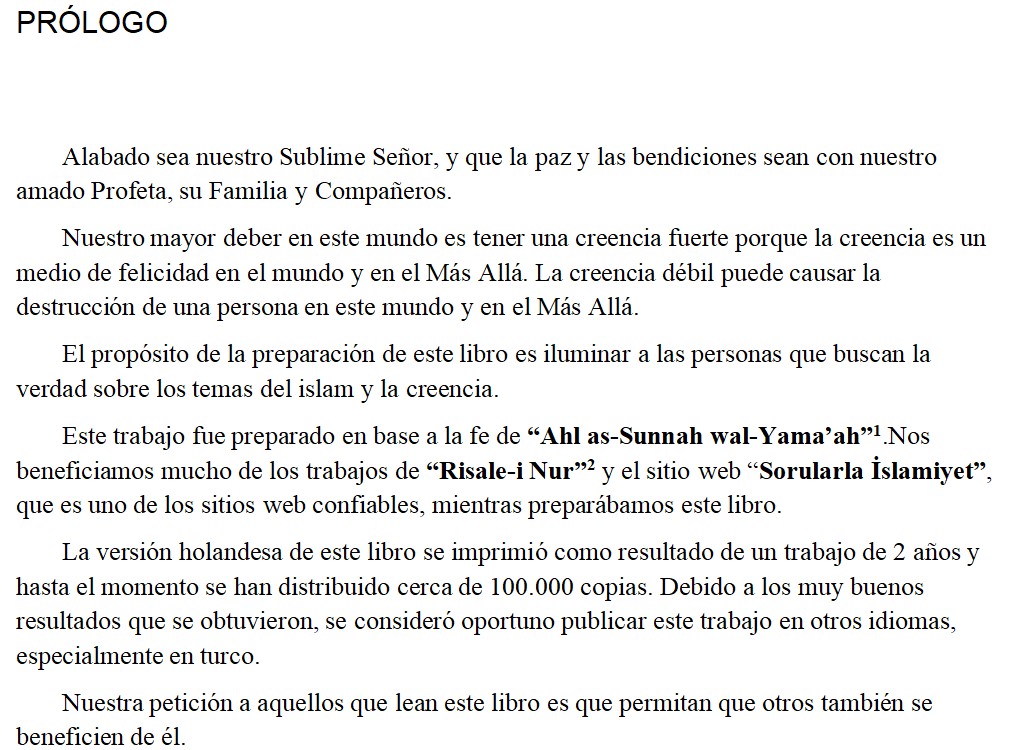
Protection from the Sins
The biggest problem of young people in the terrible century we live in is the spread and ease of prostitution through the internet and social media. The sins are damaging the heart and the brain of the people. Looking at the illicit (haram) became ordinaryised. In 1940s, Ustad Bediuzzaman mentions this harm:
“A young hafız, one of the Risale-i Nur students, said, as many men have said: "The disease of forgetfulness is increasing in me, what should I do?" I said: As far as possible, do not look at the illicit. Because it is narrated, as Imam Shafi'i (R.A.) said: Looking at the illicit gives forgetfulness.
Yes, in the Islamic society, when looking at haram increases, the desires of the soul become excited and the body becomes wasteful by misuse. He is obliged to ghusl several times a week. From this, medically, weakness comes to his memory.
Yes, in this century, because of the obscenity, especially in these hot countries, the misuse of the looking at the illicit is beginning to result in a general disease of forgetfulness. More or less, everyone is in that complaint. Here, with the increase of this general disease, the interpretation of a terrible news given by the hadîth-i-sherif appears at the end. He has decreed: "In the end of times, the Qur'an will be removed from the chest of the hafizs, it will be forgotten." So this disease will be terrifying.” (Kastamonu Letters - 133)
Also in the Gleams of the Words, he points to the danger of illicit pictures:
“Increased freedom for women led to a sudden unfolding of bad morality in mankind. The represented forms of little smiling corpses have played a large role in making the evil-polluted perverse spirit of modern man what it is.
{(*): Just as to look lustfully at a dead woman shows an awesomely degenerate soul, so to look at a beautiful picture of an unfortunate female corpse needy for compassion, extinguishes the elevated sentiments of the spirit.}
The prohibited statue is either petrified tyranny, or embodied lust, or personified hypocrisy. Or it is a talisman, attracting those evil spirits.” (The Words - 784)
Ustad Bediuzzaman, in the book “A Guide for Youth” is warning for the depraved women:
“It is understood from the narrations of certain Hadith that what will play the most fearsome role in the dissension at the end of time will be women and their dissension. Indeed, just as it is related in the histories that in olden times a group of soldiers composed of warrior women called “Amazons” were extremely skilful in war. So in just the same way at the present time, the most fearsome of the group in the war of atheistic misguidance against Islam, the commandership of which has been given to Satan through the scheming of the evil commanding soul, is half-naked women, who with their bare legs-those ghastly knives-attack and assault the believers. By striving to close the road to marriage and widen the road to houses of debauchery, they take many people's souls captive, and wound their hearts and spirits with grave sins. Indeed, they kill some of those hearts.”
Ustad explains a memory from the past which gives the lesson of taqwa:
“It is well-known by those who are familiar with the story of my life that fifty-five years ago when I was in my twenties, I stayed for two years in the residence of the governor of Bitlis, Ömer Pasha, on his insistence and because of his extreme respect for learning. He had six daughters. Three of them were small and three of them were older. Although I stayed in the same house as them for two years, I could not tell the three older ones apart. I paid them so little attention, how could I have done? Another scholar came and stayed together with me as a guest, and within two days he knew them and could tell them one from the other. They were all perplexed at my attitude and asked me: "Why don't you look at them?" I replied: "Preserving the dignity of learning does not allow me to look at them." Also, forty years ago on the day of the Kâğıthane fair in Istanbul and the two sides of the Golden Horn from the bridge as far as Kağıthane were lined with thousands of unveiled Greek, Armenian, and Istanbul women and girls, I boarded a rowing-boat with the late deputy Molla Seyyid Tâha and the deputy Haji İlyas and we passed by all those women. I was not aware of it, but Molla Tâha and Haji İlyas had decided to test me and they observed me in turn. At the end of the hour-long trip, they confessed what they had done, and said: "We are astonished at your behaviour; you didn't look at them at all!" I replied: "Unnecessary, fleeting, sinful pleasures yield only pains, so I have no desire for them!" (Emirdag Letters - 261)
A person should repent immediately after a sin so that the dirt in his heart is cleansed. Otherwise, the black spots will darken his heart. Ustad stressing here:
“O man! You have a will known as the power of choice which is extremely weak, but whose hand in evil acts and destruction is extremely long and in good deeds is extremely short. Give one of the hands of that will of yours to supplication, so that it may reach Paradise, a fruit of the chain of good deeds, and stretch to eternal happiness. And give its other hand to the seeking of forgiveness, so that it may be short for evil deeds and will not reach the Zakkum tree of Hell, which is one fruit of that accursed tree. That is, just as supplication and reliance on Allah greatly strengthen the inclination to do good, so repentance and the seeking of forgiveness cut the inclination to do evil, putting an end to its transgressions.” (The Words - 495)
Nur Way





